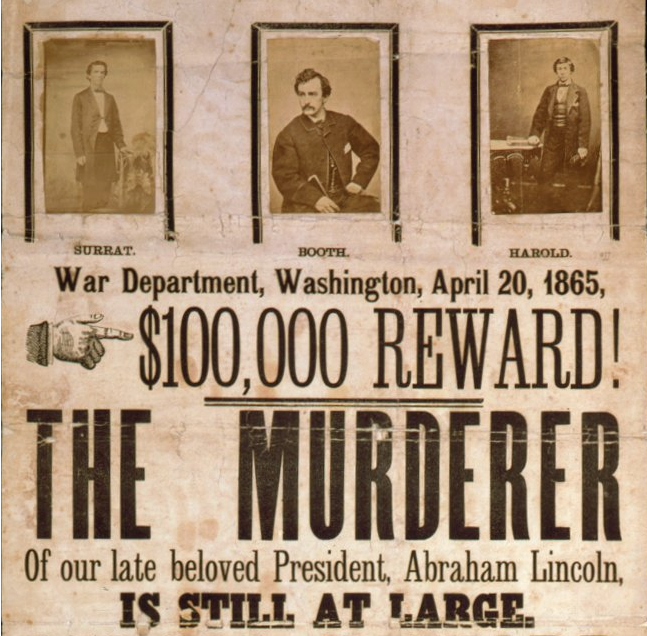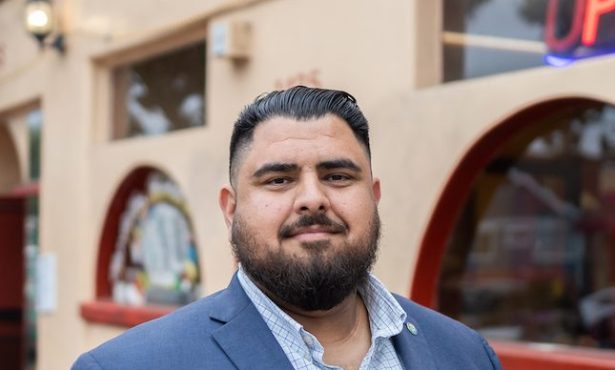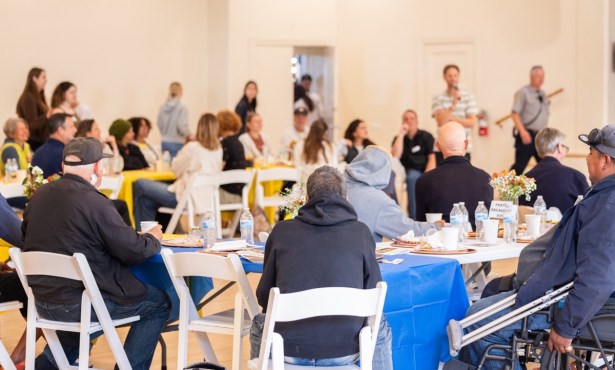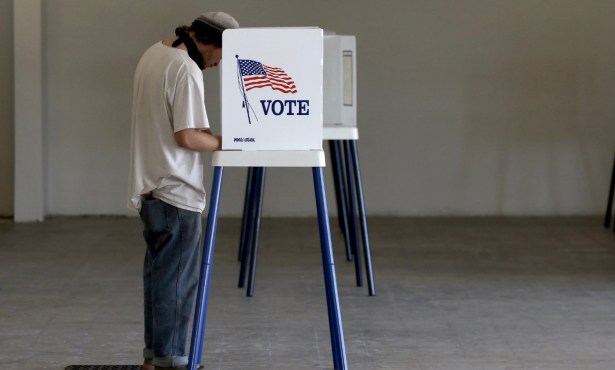Triple Homicide Collides with Second Amendment
Riffing on Silencers, Baseball, Congress, and Rage-a-holics with Guns

Over the years, I’ve developed an insufferable tic that I insist on fobbing off as a bad joke. Upon encountering someone going through seriously bad times — cancer diagnosis, dead dog, divorce, child gone crazy — I invariably blurt out, “Well other than that, Mrs. Lincoln, how did you like the play?” In all these years, this has yet to inject a lick of levity. The punchline does not derive from the hilariously improbable notion that Mary Todd Lincoln — afflicted with migraines, debilitating depression, racking physical pains, and what was likely a bipolar condition — might actually have enjoyed anything. The play in question was Our American Cousin, which Mary Todd and her husband, Abraham Lincoln, were watching at Ford’s Theatre in Washington, D.C., when actor John Wilkes Booth shot and killed the president. Booth waited for the line that always got the loudest laughs — when a lovably loutish American proto-bro type calls a sniffy British dowager a “sockdologizing old man-trap” — before aiming at Lincoln’s head and pulling the trigger. Booth — a supporter of the Southern cause — did not miss.
Had Booth had at his disposal a sound suppressor for his pistol at the time, he would not have had to wait for the laughter. And Lincoln’s widow would not have had to ponder what a “sockdologizing old man-trap” was. More misogyny hiding behind humor, perhaps? If Booth had a silencer, he no doubt could have escaped. More than 150 years after the fact, another son of the South — Republican Congressmember Jeff Duncan from South Carolina — has introduced a bill that would have vastly improved Booth’s odds. Duncan is the proud author of the Hearing Protection Act, which would expedite and accelerate the sale of gun suppressors — also known as silencers — by exempting them from the additional layer of time-consuming background checks required by the National Firearms Act passed in 1934. According to Duncan, silencers are needed because shooting is notoriously hard on the hearing of those who shoot a lot. He also cites a study showing the number of violent crimes committed by people wielding silenced firearms can be counted on the fingers of one hand. I’m sure they’re right about that. They’re also right when they point out — as they like to do — that more Americans are killed with hammers than by rifles. It’s also beside the point.
Two weeks ago in Judge Brian Hill’s courtroom, I saw the real point during the triple-homicide trial of a man accused of killing noted Chinese herbalist Dr. Henry Han; his wife, Jennie Yu; and their 5-year-old child, Emily. Eight muffled bullets had been shot into the head of Emily and three each into the heads of her parents. Gruesome forensic photos — showing all 14 bullet entry wounds — were splashed bigger than life up on the courtroom wall. This was one of those rare instances in which a silencer had, in fact, been used. The point was to help the killer get away with murder.
Here’s my point: Wearing earplugs and earmuffs significantly reduces hearing damage inflicted by shooting. It does not, however, help killers get away with murder.
As usual, there’s no shortage of grim ironies surrounding this legislation, which was supposed to have had its first committee hearing this past week. From the outset, the timing was awkward, coming on the first-year anniversary of the one-way shootout at the Orlando gay nightclub Pulse, which left 49 dead and 58 seriously wounded. The hearing was only postponed after a rage-addled Bernie Sanders supporter, James T. Hodgkinson, lit up a baseball field in Arlington, Virginia, last week — shooting rapid fire at members of the Republican congressional baseball team practicing for the big game the following night against their Democratic rivals. Just before the 66-year-old Hodgkinson began his rampage, he met none other than South Carolina Congressmember Duncan, author of the Hearing Protection Act, walking off the field. As Duncan and the shooter passed each other, Hodgkinson asked him, “Excuse me, sir, who’s practicing today? Democrats or Republicans?” As Duncan recounted, “I said, ‘This is a Republican team,’ and he said, ‘K, thanks.’” By the time Hodgkinson was done spraying the field, five people had been seriously wounded, including House Majority Whip Steve Scalise.
The shooting has not shaken Duncan’s belief in the silencer bill. The gunman, Duncan observed blandly, did not use a silencer. Duncan added that Illinois, where Hodkinson is from, has some of the toughest gun control laws in the nation, yet even they failed to stop the alleged shooter.
Should the Hearing Protection Act be approved, it would repeal the outright silencer bans independently enacted by 11 states, most notably California and New York. So much for Southern conservatives’ passionate belief in states’ rights. It turns out there are roughly 1.3 million legally registered silencer owners in the United States. Should Duncan’s bill pass, all records of who own silencers will be destroyed.
The Hearing Protection Act is part of a broader legislative package known euphoniously as the SHARE Act — which stands for Sportsmen’s Heritage and Recreational Enhancement. Duncan is also the author of that. Included in SHARE are provisions to revoke bans on the sale of armor-piercing bullets. SHARE abolishes existing bans on the importation of elephant and polar bear body parts as big-game hunting trophies. It also contains unprecedented new protections for transporting guns and ammo across state lines. Should any law enforcement officer seek to enforce local prohibitions against certain guns or ammo being shipped through their jurisdiction, the officer could be personally sued for so doing. That’s radical stuff.
The good news? No new date has yet been set for a hearing on the silencer bill.
So other than that, Mrs. Lincoln, how did you like the play?



